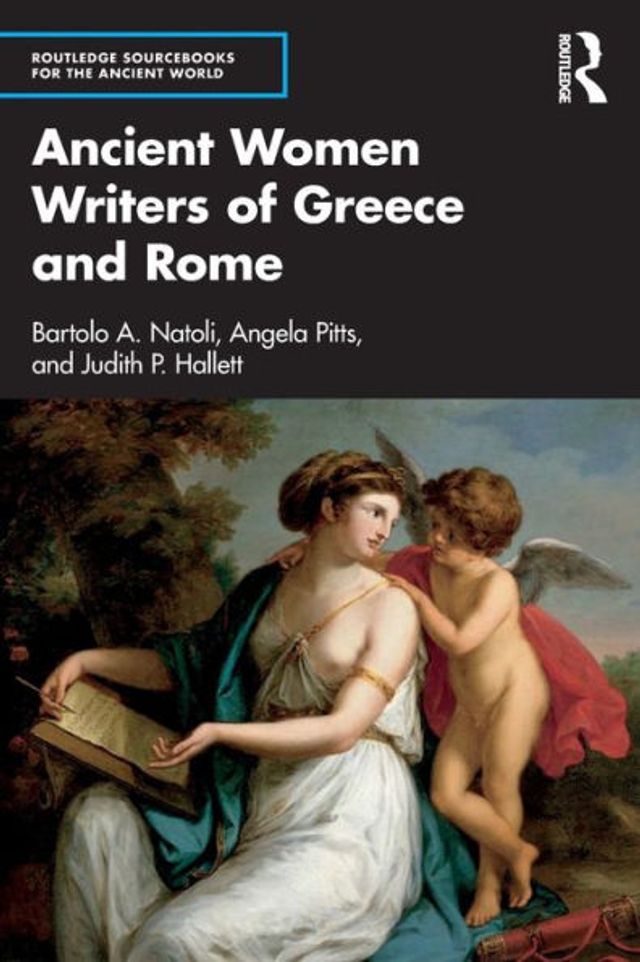Home
Being Ugly: Southern Women Writers and Social Rebellion
Barnes and Noble
Being Ugly: Southern Women Writers and Social Rebellion
Current price: $39.95


Barnes and Noble
Being Ugly: Southern Women Writers and Social Rebellion
Current price: $39.95
Size: Hardcover
Loading Inventory...
*Product information may vary - to confirm product availability, pricing, shipping and return information please contact Barnes and Noble
In the South, one notion of “being ugly” implies inappropriate or coarse behavior that transgresses social norms of courtesy. While popular stereotypes of the region often highlight southern belles as the epitome of feminine power, women writers from the South frequently stray from this convention and invest their fiction with female protagonists described as ugly or chastised for behaving that way. Through this divergence, “ugly” can be a force for challenging the strictures of normative southern gender roles and marriage economies. In Being Ugly: Southern Women Writers and Social Rebellion, Monica Carol Miller reveals how authors from Margaret Mitchell to Monique Truong employ “ugly” characters to upend the expectations of patriarchy and open up more possibilities for southern female identity.
Previous scholarship often conflates ugliness with such categories as the grotesque, plain, or abject, but Miller disassociates these negative descriptors from a group of characters created by southern women writers. Focusing on how such characters appear prone to rebellious and socially inappropriate behavior, Miller argues that ugliness subverts assumptions about gender by identifying those who are unsuitable for the expected roles of marriage and motherhood. As opposed to familiar courtship and marriage plots, Miller locates in fiction by southern women writers an alternative genealogy, the ugly plot. This narrative tradition highlights female characters whose rebellion offers a space for re-imagining alternative lives and households in opposition to the status quo.
Reading works by canonical writers like Zora Neale Hurston, Flannery O’Connor, and Eudora Welty, along with recent texts by contemporary authors like Helen Ellis, Lee Smith, and Jesmyn Ward, Being Ugly offers an important new perspective on how southern women writers confront regressive ideologies that insist upon limited roles for women.
Previous scholarship often conflates ugliness with such categories as the grotesque, plain, or abject, but Miller disassociates these negative descriptors from a group of characters created by southern women writers. Focusing on how such characters appear prone to rebellious and socially inappropriate behavior, Miller argues that ugliness subverts assumptions about gender by identifying those who are unsuitable for the expected roles of marriage and motherhood. As opposed to familiar courtship and marriage plots, Miller locates in fiction by southern women writers an alternative genealogy, the ugly plot. This narrative tradition highlights female characters whose rebellion offers a space for re-imagining alternative lives and households in opposition to the status quo.
Reading works by canonical writers like Zora Neale Hurston, Flannery O’Connor, and Eudora Welty, along with recent texts by contemporary authors like Helen Ellis, Lee Smith, and Jesmyn Ward, Being Ugly offers an important new perspective on how southern women writers confront regressive ideologies that insist upon limited roles for women.


















